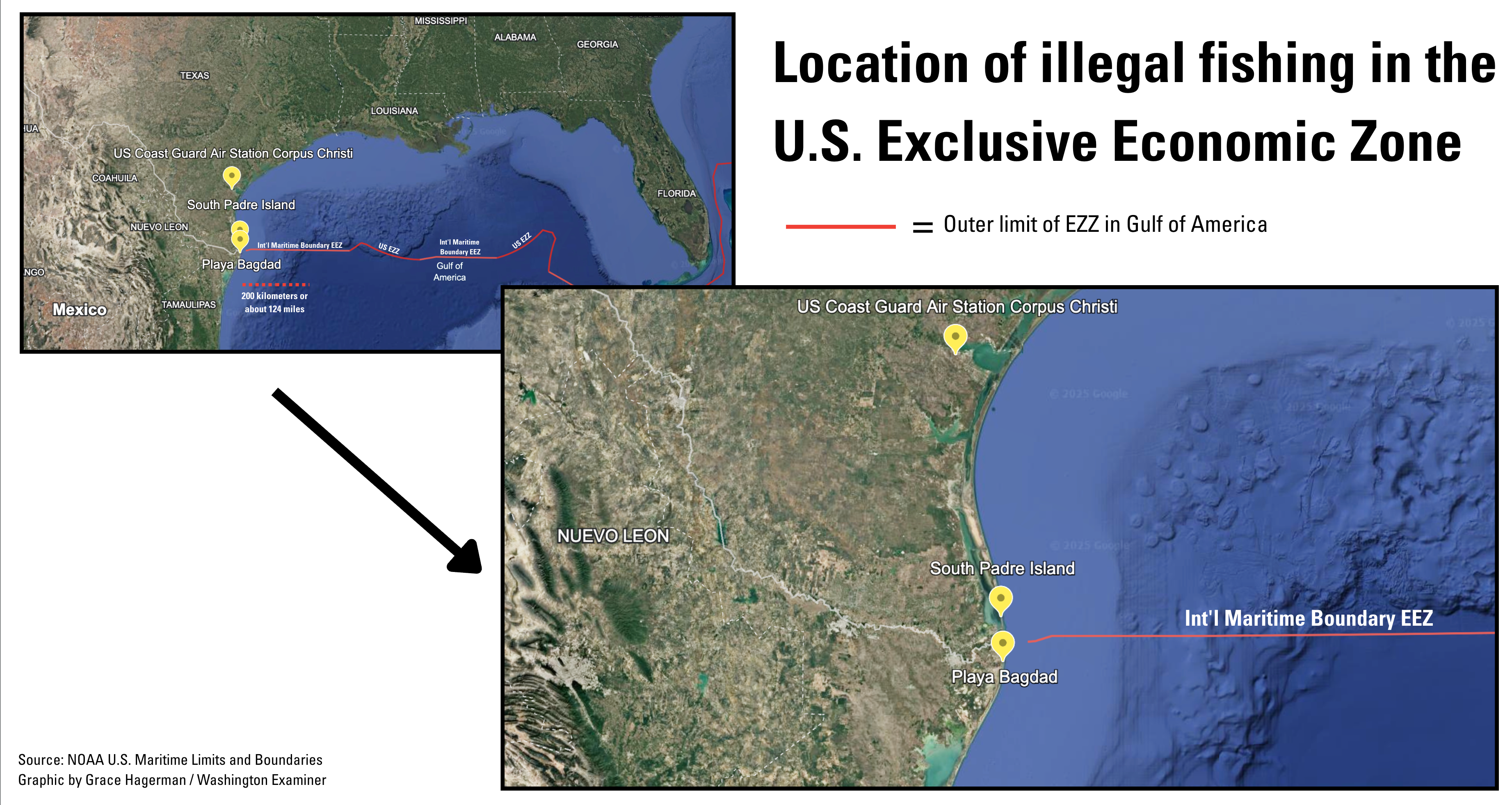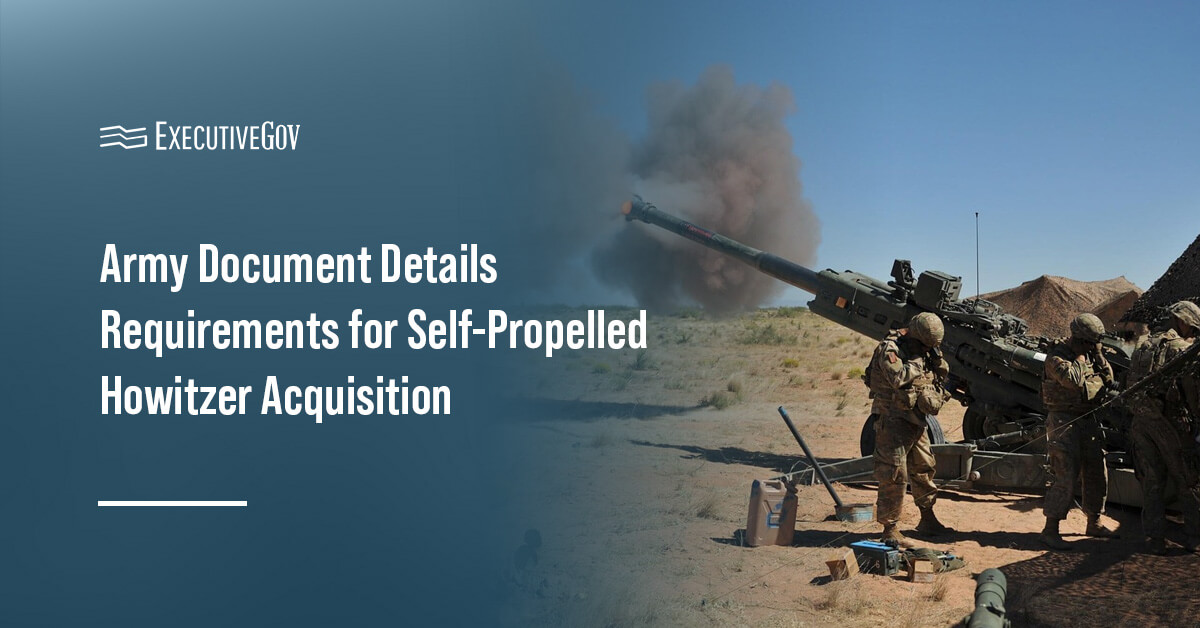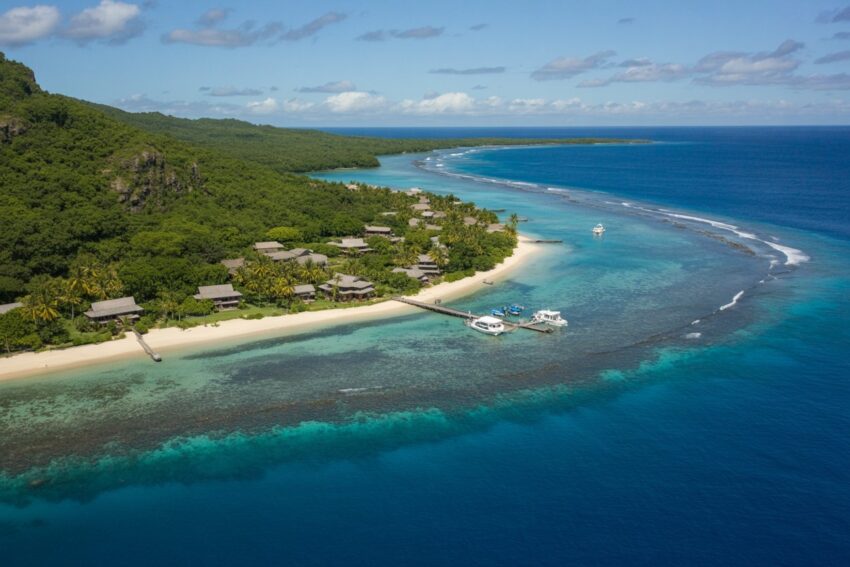Report on Enhanced Enforcement Against Illegal Fishing in the Gulf of America
Introduction: Addressing Threats to Sustainable Development
Illegal, Unreported, and Unregulated (IUU) fishing poses a significant threat to global efforts to achieve the Sustainable Development Goals (SDGs). This activity undermines marine ecosystems, compromises food systems, and destabilizes economic growth. This report details recent U.S. enforcement actions in the Gulf of America, analyzing a strategic policy shift and its impact on combating IUU fishing, with a specific focus on its alignment with SDG 14 (Life Below Water) and SDG 16 (Peace, Justice, and Strong Institutions).
Impact of IUU Fishing on Sustainable Development Goals
Undermining SDG 14: Life Below Water
- IUU fishing operations within the U.S. Exclusive Economic Zone (EEZ) directly contravene SDG Target 14.4, which calls for an end to overfishing and illegal fishing practices to restore fish stocks.
- The illegal harvesting of species such as red snapper depletes marine resources, threatening the biodiversity and long-term health of the Gulf’s marine ecosystem.
- These actions jeopardize the conservation and sustainable use of oceans, a core principle of SDG 14.
Jeopardizing SDG 16: Peace, Justice, and Strong Institutions
- Official reports confirm a direct nexus between IUU fishing and transnational organized crime, particularly the Gulf Cartel.
- Proceeds from the illegal sale of fish are used to fund other illicit activities, including narcotics trafficking and human smuggling, thereby undermining regional stability and the rule of law as outlined in SDG Target 16.4.
- The systemic violation of national and international maritime law weakens governance and institutional integrity.
Threatening SDG 2 (Zero Hunger) and SDG 8 (Decent Work and Economic Growth)
- The depletion of fish stocks by criminal enterprises threatens food security (SDG 2) for communities that rely on sustainable marine resources.
- IUU fishing creates an illicit market that undermines the economic viability of legitimate fishing operations, impacting decent work and sustainable economic growth (SDG 8) in coastal regions.
Enhanced Enforcement Measures and Institutional Response
Strategic Policy Shift Towards Prosecution
A fundamental change in U.S. policy has been implemented to create a more effective deterrent against IUU fishing, directly supporting the objectives of SDG 16.
- Previous Policy: Apprehended individuals were typically released back to Mexico, a practice that resulted in high rates of recidivism, with some individuals being interdicted up to 40 times.
- New Policy: The Department of Justice now prosecutes apprehended individuals under the Lacey Act, which prohibits the trafficking of illegally acquired wildlife, fish, or plants. This policy subjects violators to potential fines and imprisonment.
Inter-Agency Coordination for Effective Enforcement
A coordinated, multi-agency approach strengthens the capacity of national institutions to combat organized crime, a key component of SDG Target 16.a. The primary entities involved in these operations include:
- U.S. Coast Guard (Station South Padre Island and Air Station Corpus Christi)
- Customs and Border Protection Air and Marine Operations
- Department of Justice
Analysis of Outcomes and Deterrent Effects
Statistical Reduction in Illegal Fishing Incidents
Data from U.S. Coast Guard Station South Padre Island indicates a notable decrease in interdictions following the implementation of the new prosecutorial strategy, suggesting a positive deterrent effect.
- Calendar Year 2024: 31 interdictions, resulting in the seizure of 6,690 pounds of fish.
- Current Year (to date): 15 interdictions, resulting in the seizure of 4,601 pounds of fish.
Strengthening Justice and Accountability
- The prosecution of repeat offenders marks a critical advancement in enforcing marine protection laws and holding individuals accountable, reinforcing the rule of law as promoted by SDG 16.
- A landmark case involved a vessel captain with 28 prior arrests for illegal fishing who was sentenced to eight months in prison for his role in illegally transporting nearly 700 pounds of red snapper.
- This shift towards accountability has reportedly improved the morale of law enforcement personnel, who now see tangible consequences for illicit activities that harm marine ecosystems and national security.
Analysis of Sustainable Development Goals in the Article
1. Which SDGs are addressed or connected to the issues highlighted in the article?
-
SDG 14: Life Below Water
- The article’s primary focus is on illegal, unreported, and unregulated (IUU) fishing in the Gulf of America. This directly relates to SDG 14, which aims to “conserve and sustainably use the oceans, seas and marine resources for sustainable development.” The text explicitly states that IUU fishing “endangers fisheries across the globe that contribute to economic growth, food systems, and ecosystems.”
-
SDG 16: Peace, Justice and Strong Institutions
- The article details the enforcement actions taken by U.S. agencies like the Coast Guard and the Department of Justice (DOJ). It highlights a policy change to arrest and prosecute individuals involved in illegal fishing, which strengthens the rule of law. The connection of illegal fishing to organized crime, specifically the Gulf Cartel, and the efforts to combat this link directly address the goal of promoting peaceful and inclusive societies, providing access to justice, and building effective institutions.
-
SDG 8: Decent Work and Economic Growth
- The article mentions that illegal fishing “robs US economy of millions of dollars” and endangers fisheries that “contribute to economic growth.” By cracking down on these illegal activities, the U.S. is protecting its national economic interests and the livelihoods associated with legal fishing industries, which aligns with promoting sustained, inclusive, and sustainable economic growth.
2. What specific targets under those SDGs can be identified based on the article’s content?
-
Target 14.4: End IUU Fishing
- This is the most direct target addressed. The entire article is about the U.S. government’s efforts to “crack down on violations” of illegal, unreported, and unregulated (IUU) fishing. The actions of the Coast Guard and the new DOJ policy of prosecuting offenders are direct measures to achieve this target.
-
Target 14.6: Prohibit certain forms of fisheries subsidies which contribute to overcapacity and overfishing, and eliminate subsidies that contribute to IUU fishing
- While not explicitly about subsidies, the article’s focus on combating the economic drivers of IUU fishing is relevant. The illegal activities are funded by profits from selling the fish, with the Gulf Cartel taking “a cut of the proceeds.” By disrupting this financial chain through seizures and prosecutions, the authorities are effectively eliminating the economic incentives that fuel IUU fishing.
-
Target 16.4: Reduce illicit financial flows and combat all forms of organized crime
- The article explicitly links IUU fishing to organized crime, stating that the Gulf Cartel uses it “to fund their operations, along with narcotics trafficking and human smuggling.” The Treasury Department’s sanctioning of individuals with ties to the cartel and the DOJ’s prosecutions are direct actions aimed at combating organized crime and its illicit financial streams.
-
Target 16.a: Strengthen relevant national institutions to combat crime
- The article describes a significant shift in policy by the Department of Justice from releasing illegal fishermen to arresting and prosecuting them under the Lacey Act. This represents a strengthening of national institutions (the justice system) and their capacity to enforce laws and combat the crime of illegal fishing. The collaboration between the Coast Guard, Customs and Border Protection, and the DOJ is another example of strengthening institutional response.
3. Are there any indicators mentioned or implied in the article that can be used to measure progress towards the identified targets?
-
Indicator for Target 14.4: Progress by countries in the degree of implementation of international instruments to combat illegal, unreported and unregulated fishing.
- The article provides specific quantitative data that can serve as proxies for this indicator. These include:
- Number of interdictions: The article notes a decrease from 31 interdictions in 2024 to 15 in the current year, suggesting the new policy is acting as a deterrent.
- Volume of fish seized: The article states 6,690 pounds of fish were seized in 2024, and 4,601 pounds this year.
- Number of prosecutions: The article mentions the “DOJ’s first prosecution of Mexican fishermen” and the sentencing of a captain to eight months in jail, which are concrete measures of enforcement.
- The article provides specific quantitative data that can serve as proxies for this indicator. These include:
-
Indicator for Target 16.4: Proportion of seized, found or surrendered arms whose illicit origin or context has been traced or established by a competent authority in line with international instruments.
- While the article focuses on fishing and not arms, the principle of tracking and combating illicit activities applies. An implied indicator is the number of individuals and entities linked to organized crime that are sanctioned or prosecuted. The article mentions the Treasury Department “sanctioning five individuals with ties to the cartel” as a direct measure of progress against organized crime’s financial operations.
4. Summary Table of SDGs, Targets, and Indicators
| SDGs | Targets | Indicators |
|---|---|---|
| SDG 14: Life Below Water | Target 14.4: By 2020, effectively regulate harvesting and end overfishing, illegal, unreported and unregulated fishing and destructive fishing practices. |
|
| SDG 16: Peace, Justice and Strong Institutions | Target 16.4: By 2030, significantly reduce illicit financial and arms flows, strengthen the recovery and return of stolen assets and combat all forms of organized crime. |
|
| SDG 16: Peace, Justice and Strong Institutions | Target 16.a: Strengthen relevant national institutions, in particular in developing countries, to build capacity at all levels, in particular in developing countries, to prevent violence and combat terrorism and crime. |
|
| SDG 8: Decent Work and Economic Growth | Target 8.1: Sustain per capita economic growth in accordance with national circumstances. |
|
Source: washingtonexaminer.com







